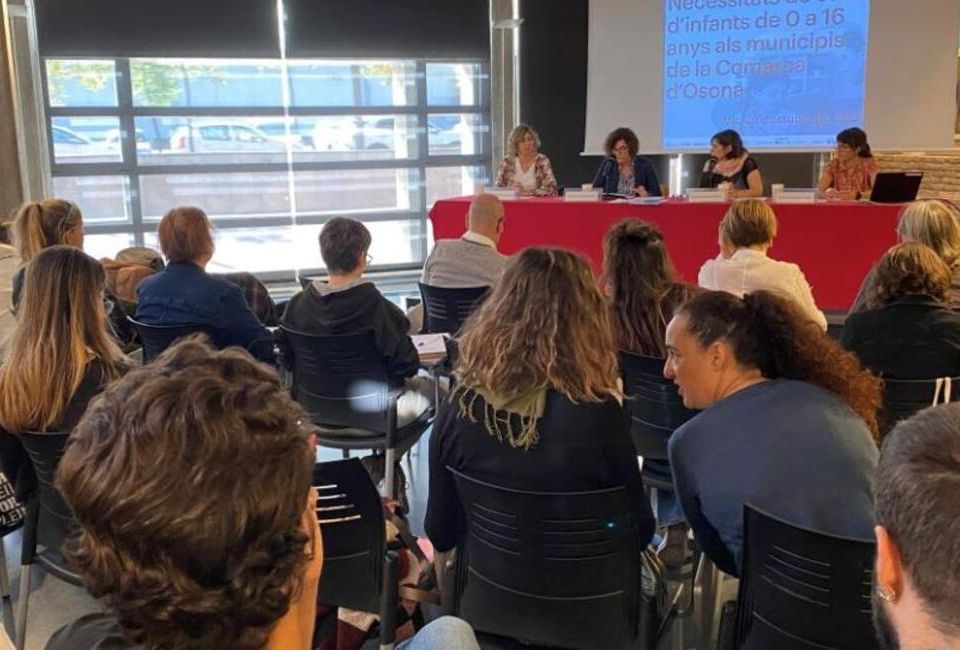27.10.2023
Sandra Ezquerra, director of the UNESCO Chair Women, Development and Cultures at UVic-UCC, and Montse Fernández García, doctoral candidate in the Interuniversity Program of Gender Studies: Culture, Society and Policies at UVic-UCC, were the coordinators of a research project led by the Technical Office of Gender Equality and LGTBI+ (OTIG) of the consortium of Osona Acció Social. The study “Care needs of children from 0 to 16 years old in Osona“, analyzes the care needs of children and young people in Osona and Lluçanès.
The study takes a snapshot of the territorial reality and the desirability of designing active care policies to meet the needs that have been detected based on one thousand surveys. The report found that 14.8% of children have special care and support needs.
Montse Fernández García underscored the perpetuation of traditional gender roles, since 89.9% of women combine paid work with childcare, a task that the vast majority of people surveyed still attribute to women. In this sense, 78.3% of men dedicate a maximum of 4 hours a day to childcare, while half of the women surveyed (54.3%) dedicate a minimum of 4 hours a day. Regarding this data, Sandra Ezquerra specifies that “the profiles of caregivers with the greatest overload are women, especially those of single-parent families, families with children from 0 to 3 years old and families with children with special needs”.
The report was presented on October 20th. The event was attended by the delegate councilor for Youth, Women and Equality of the Osona Regional Council, Elisabet Contreras Barceló, and the president of Osona Acció Social, Victoria Terricabras Tarin. The analysis has been financed by Osona Social Action in the framework of the Temps x Cures program of the Department of Equality and Feminisms of the Generalitat de Catalunya and the Co-responsible plan of the Ministry of Equality. It was funded by the Next Generation European funds.



Add Your Comment